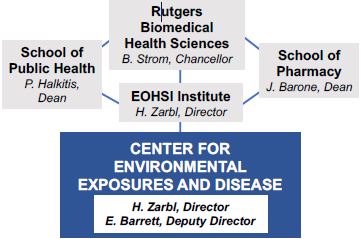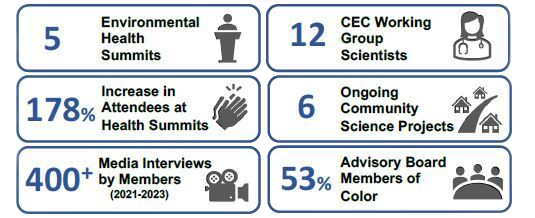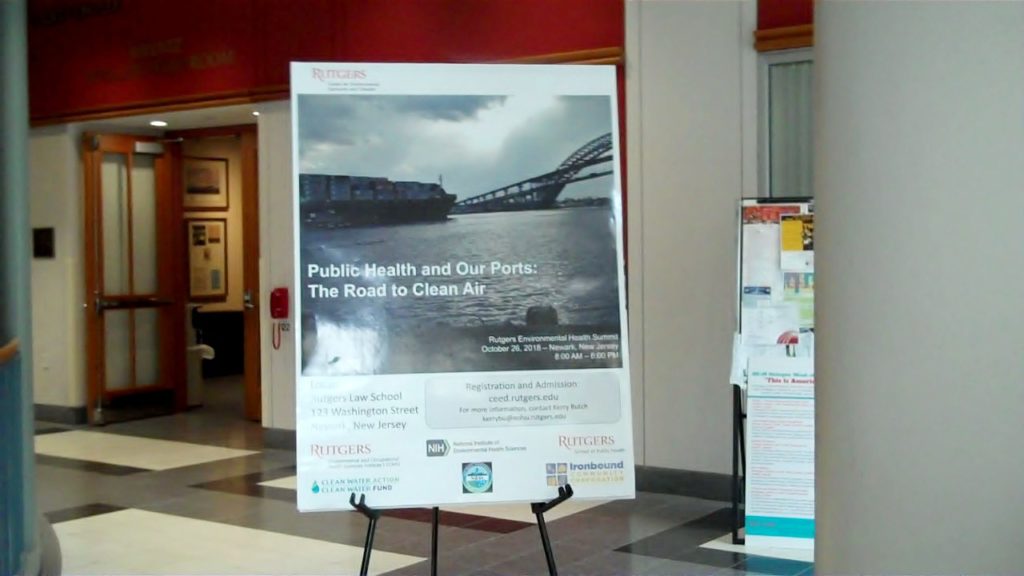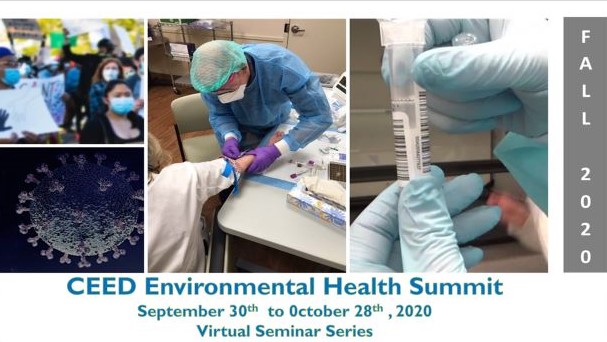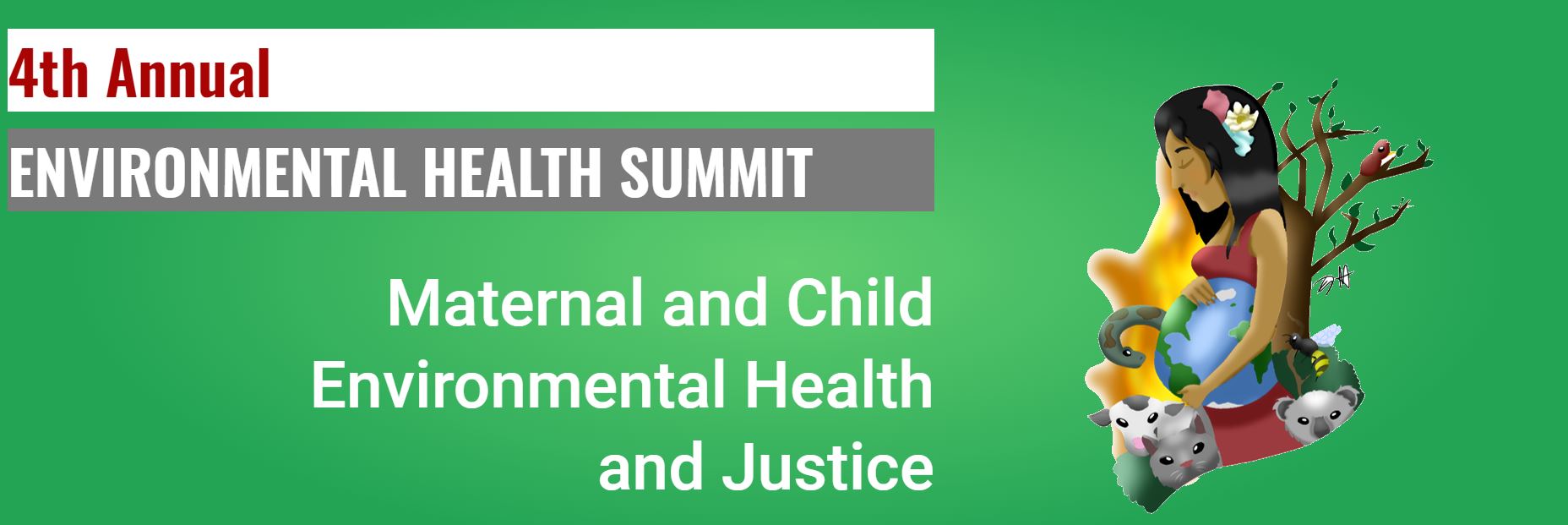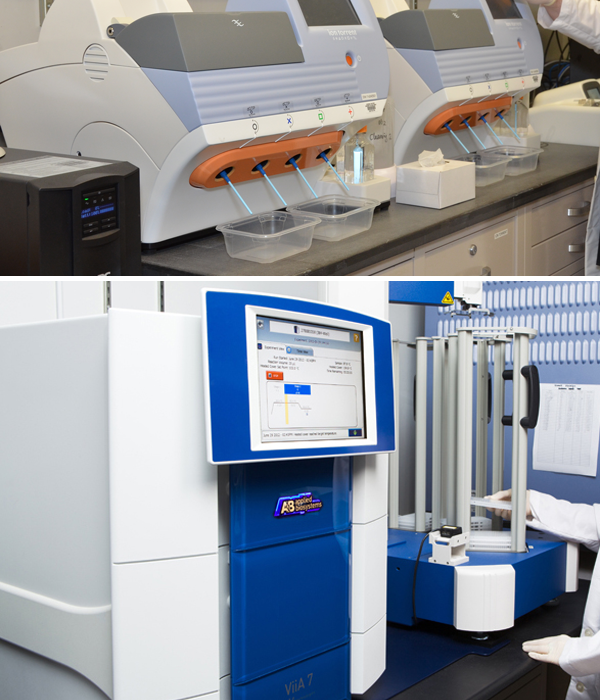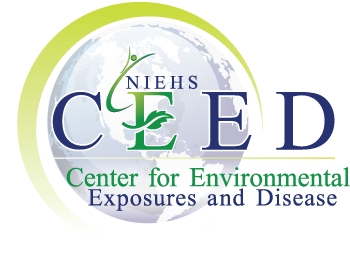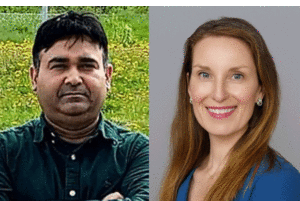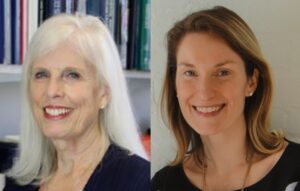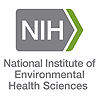X-twitter Facebook-f Youtube CEED news and announcements New publication from...
Read MoreMessage from the Director
The Center for Environmental Exposures and Disease (CEED) was established in 1987 as a collaboration between Rutgers, The State University of New Jersey, and the University of Medicine and Dentistry of New Jersey (merged in 2013), with a goal of understanding, detecting, preventing and solving environmental health problems through collaborative research. The Center has received generous support from The National Institute for Environmental Health Sciences (NIEHS) for the last 32 years, as one of 22 Environmental Health Sciences Core Centers. CEED has approximately 86 members from 23 Rutgers departments.
Regionally, CEED serves New Jersey, the most densely populated and perhaps the most heavily polluted state in the nation. CEED members serve as advisors to state, local, and national officials, professional associations, and citizens groups on issues of pollution and consequent disease, environmental health education and disease prevention. Current research projects include the effects of diesel air pollution on asthma and cardiac disease, the effects of nanoparticles used in manufacturing and consumer products, the interaction of genetic and environmental factors on disease, and the effects of diet on immune system functioning.






